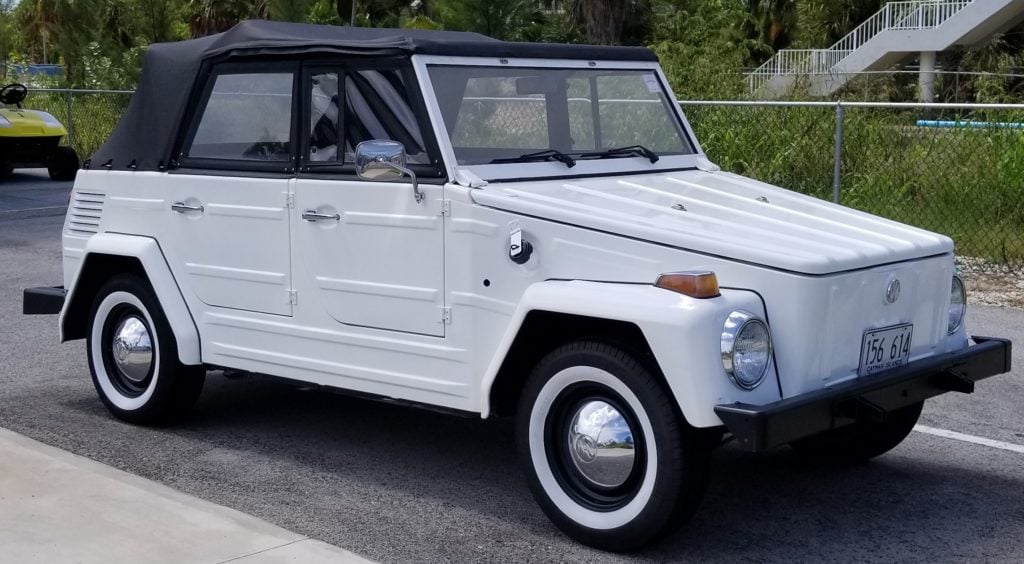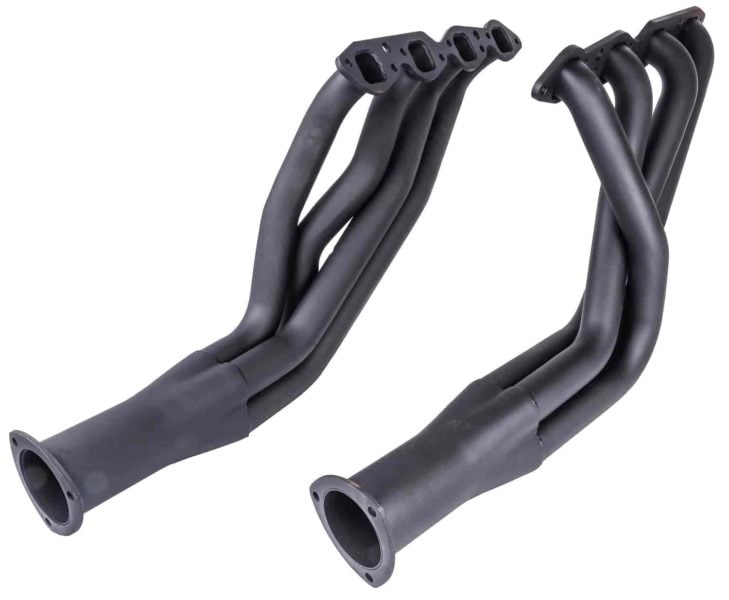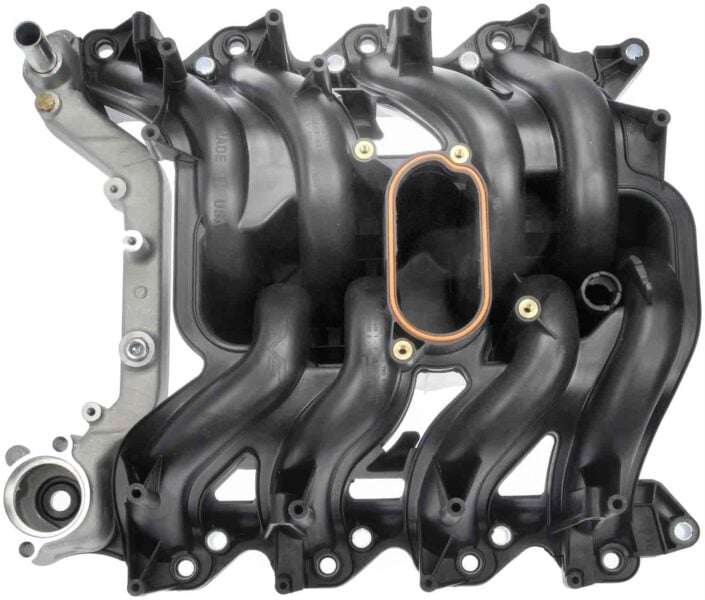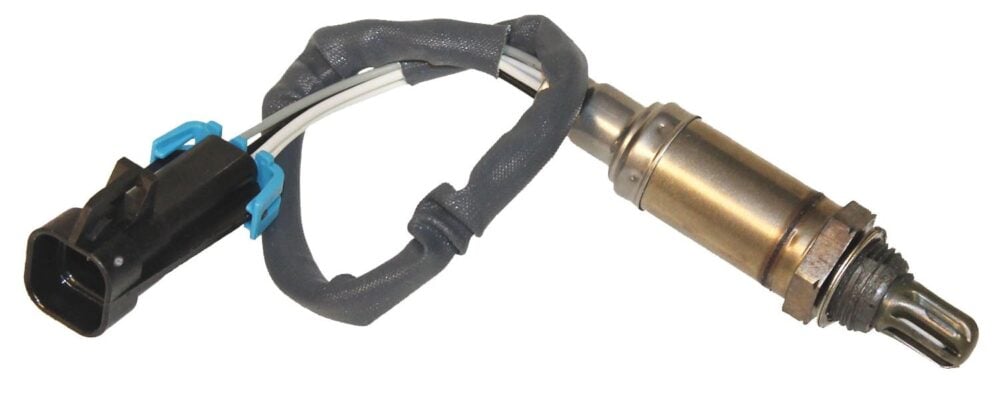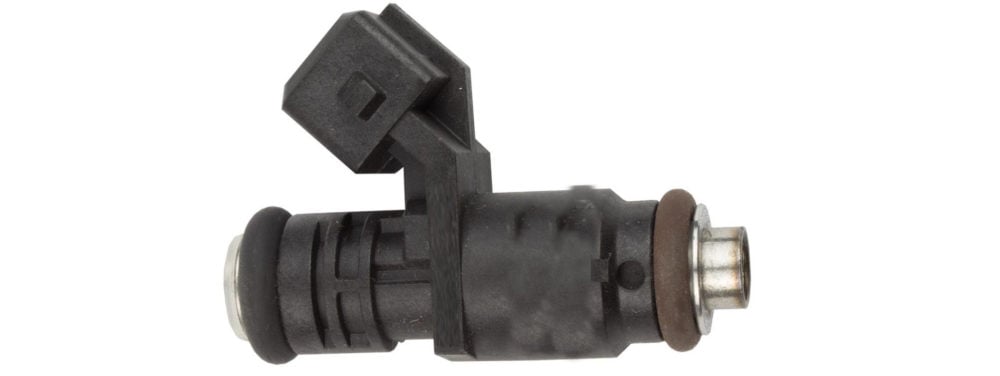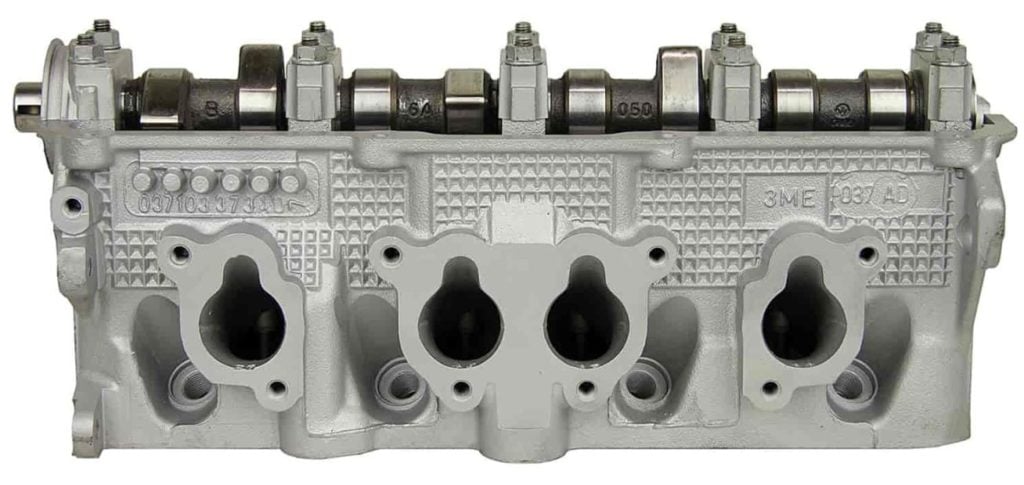
The Volkswagen brand isn't famous only in Germany and Europe, it's an international brand that's appreciated all over the world for its quality. Its history dates back to 1937 when the German Labor Front founded the Volkswagen company, and since then, it has released dozens of models that are spread through many generations. For example, the VW Golf in production is the eighth generation of this popular model with a variety of VW engine options to choose from.
With an incredible dedication to research and development, Volkswagen has improved its engine components and was able to create more powerful engines throughout the years. In this article, we’ll cover VW engine types, what features they have, and ultimately, which one is the strongest.
VW Engine History: By Generation
Volkswagen has a rich history of producing engines that have evolved over the years. Let's take a journey through the generations of VW engines:
- Early Air-Cooled Engines: Volkswagen's earliest engines were air-cooled, known for their simplicity and durability. They were utilized in iconic models like the VW Beetle.
- Transition to Water-Cooled Engines: In the late 1970s and early 1980s, Volkswagen transitioned to water-cooled engines, introducing more advanced technologies and improved efficiency.
- Hybrid and Electric Engines: In recent years, Volkswagen has embraced hybrid and fully-electric engines, marking a significant shift toward sustainability and reduced emissions.
Different Types Of Volkswagen Engines
When it comes to Volkswagen engines, there's a diverse range of options to choose from. These include:
- Diesel Engines: Known for their fuel efficiency and torque, Volkswagen's diesel engines have been a popular choice among drivers.
- Gasoline-Powered Engines: Offering a wide range of power outputs, VW's gasoline engines provide versatility for various models.
- Hybrid and Electric Engines: Volkswagen's commitment to eco-friendliness is evident in their hybrid and fully-electric engines, delivering impressive efficiency and zero-emission driving.
Types of Engines in VW Models
Volkswagen is known as one of the car manufacturers with the most reliable cars on the road. When it comes to the VW engine selection, there are a lot of options to choose from. Until recently, VW offered only diesel or gasoline-powered engines for its models, however, hybrid versions and fully-electric models have started being offered by this reputable manufacturer.
When Volkswagen started manufacturing passenger cars, there were a couple of successful models being offered. These include the VW Beetle which was sold in more than 21 million units, and the VW 1600. It wasn’t until the 1980s that Volkswagen started making modern classics such as the Golf or Rabbit as it’s known in the US market.
The VW 1600 engine had a 1.6-liter displacement and was the direct successor of the 1.2-liter engine used in the VW Beetle. The VW Type 3 engine was also the world’s first engine with electronic fuel injection.
Newer engines had a larger displacement and more power. Both diesel and gasoline-powered engine options were available in the US market, from 4-cylinder options to 12-cylinder performance options.
The least powerful diesel version of a VW engine could be found in the VW Rabbit, which had a 1.5-liter displacement and a power output of 50 hp. This engine was fitted to the first generation of the Golf between 1976 and 1983. On the other hand, the most powerful diesel engine can be found in the Volkswagen Tuareg. With a V10 turbo diesel engine under the hood, this car makes 308 hp of pure power.
When it comes to gasoline-powered engines, there’s a much bigger selection to choose from. From 4-cylinder options to 12-cylinder options, VW engine types offer durability, quality, and a power range between 50 and 444 hp. Compared to the original VW 1600 engine used 50 years ago, that’s a massive increase.
Volkswagen’s commitment to research and development of new engine technology didn’t go unnoticed. They’re known for their strict quality control, and German precision, which is why they’ve been awarded numerous times by reputable organizations across the globe. WhatCar has awarded the Golf TSI as the Small Family Car of the year for three years in a row between 2009 and 2012. The TSI engine was also awarded as the International Engine of the year for five consecutive years!
Performance Comparisons Across Models
Volkswagen offers a range of models equipped with different engine types, catering to various performance preferences. The Golf GTI, known for its sporty nature, offers exhilarating acceleration and nimble handling. The Golf R takes performance to another level, utilizing an inline-4 Turbo engine to deliver impressive power output and an exhilarating driving experience. The ID.4 electric SUV showcases Volkswagen's dedication to electric mobility, providing instant torque and smooth acceleration. Comparing the performance characteristics of these models allows readers to align their preferences with the right Volkswagen engine.
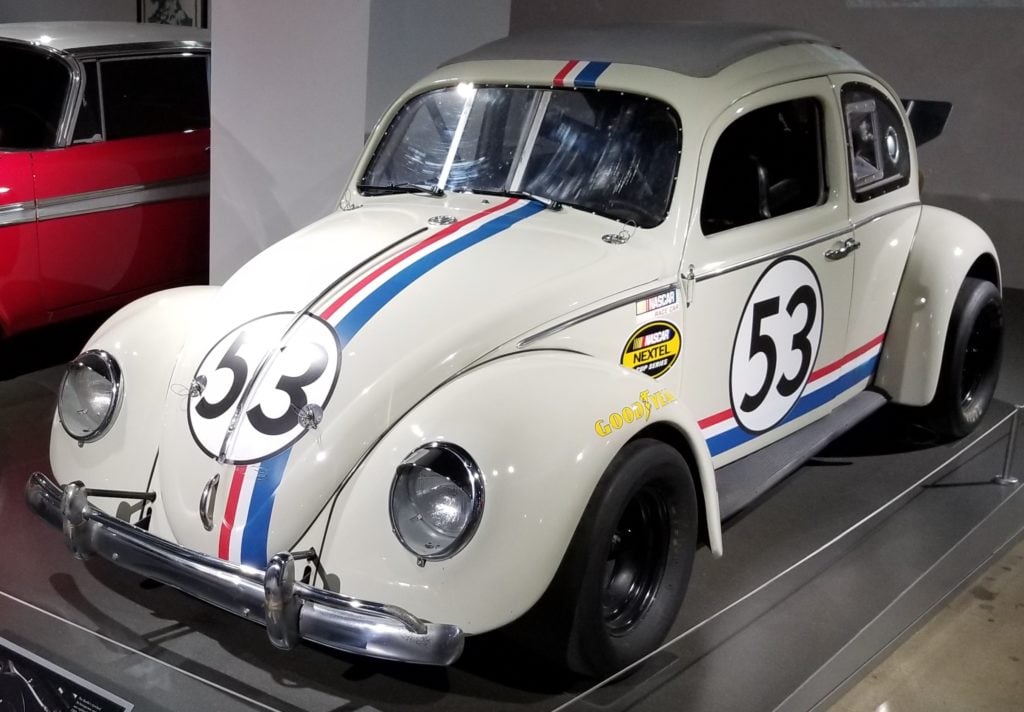
Engine Features Compared
The automotive industry has evolved at an incredible pace. In the beginning, evolution in this industry was much slower than it is today when we have fully-electric self-driving cars on the road.
The Volkswagen air-cooled engines, including the VW type 3 engine, were made to last. This was accomplished due to its low-rev feature, and the fact that it doesn’t use water to cool itself down. This eliminated the possibility of the water freezing or boiling due to extreme temperatures. This type of engine was powered by carburetors before electronic injection was introduced in 1979.
Today’s engines don’t last as long as the old ones did, and that’s a fact. That’s why there are so many old VWs on the road using the original engines they were fitted with. A modern VW engine has direct fuel injection and can be with or without a turbocharger. Yes, emissions are much lower, and fuel consumption is significantly reduced, however, the engine and its components are much more fragile compared to the VW 1600 engine, for example.
The VW type 3 engine and a modern VW engine may have the same displacement, but modern technology and innovations allow the modern engine to produce several times more power and torque than the old engines did. In theory, this sounds perfect, but the fact that there are significantly more parts to maintain makes people appreciate the simpler design found in old-school cars.
The newest development of the TSI engine focuses on providing outstanding performance features, but also reducing emissions and fuel consumption. Volkswagen aims at reducing the engine size while exceeding expectations when it comes to performance and fuel economy.
Comparison of Engine Technologies
Understanding the evolution of engine technologies is vital to appreciating the advancements in Volkswagen engines. While traditional air-cooled engines like the VW Type 3 offered durability and simplicity, modern engines with features like direct fuel injection and turbocharging deliver increased power and torque. Comparing the benefits of each engine type allows readers to grasp the technological progress and the trade-offs between old-school charm and modern performance.
Overview of Hybrid and Electric Options
Volkswagen's commitment to sustainability is evident with the introduction of hybrid and fully-electric models. Hybrid engines combine internal combustion engines with electric motors, providing improved fuel efficiency and reduced emissions. Fully-electric engines eliminate emissions entirely, offering instant torque and a zero-emission driving experience. Highlighting Volkswagen's hybrid and electric options, such as the ID.4 electric SUV, gives readers insight into the brand's eco-friendly direction.
Maintenance Tips for Modern Engines
Proper maintenance is key to ensuring the longevity and optimal performance of modern Volkswagen engines. Following manufacturer guidelines for routine maintenance tasks such as oil changes, filter replacements, and spark plug inspections is essential. It's recommended to use high-quality OEM or reputable aftermarket parts to maintain the engine's performance and reliability. Regularly checking fluid levels, monitoring the engine's temperature, and addressing any warning signs promptly will help readers keep their Volkswagen engines running smoothly for years to come.
Customer Reviews and Testimonials
Real-world experiences shared by Volkswagen owners offer valuable insights into engine performance, reliability, and overall satisfaction. Positive reviews highlighting the longevity, fuel efficiency, and power delivery of Volkswagen engines can instill confidence in potential buyers. Genuine testimonials that discuss the driving experience, engine responsiveness, and owner satisfaction provide firsthand information that readers can rely on when considering a Volkswagen engine.
The Strongest VW Engine
Volkswagen has made some incredible cars throughout history and has manufactured some incredible engines that power these cars.
Interestingly, the strongest VW engine isn’t fitted to a sedan or hatchback, but an AWD SUV. At the time of writing this article, the strongest VW engine is fitted to the Volkswagen Tuareg R. The engine in question is a gasoline-powered 3.0-liter V6 plug-in hybrid that makes 462 hp. Due to the size and weight of the Tuareg R, the strongest VW engine isn’t powerful enough to make this particular model the fastest one from VW. Its top speed is 155 mph.
The fastest VW model is the Golf R Mk8. It’s fitted with an inline-4 Turbo gasoline-powered engine that makes 333 hp. The top speed of the Golf R is 168 mph. Compared to the Tuareg R, the Golf is a tonne lighter and much more aerodynamic than the SUV.
As we already mentioned, modern VW engines require strict maintenance with the highest quality parts available on the market. Finding quality parts for your VW engine can be a challenge, which is why JEGS offers an extensive selection of OEM and aftermarket parts for both maintenance and repairs. Some of the featured brands include Clevite MAHLE, Golden Star, Power Stop, RetroSound, K&N, and many more.
Maintenance Considerations
Modern VW engines offer impressive performance, but they also require strict maintenance with high-quality parts. JEGS provides a wide selection of OEM and aftermarket parts to ensure your VW engine receives the best care. Brands like Clevite MAHLE, Golden Star, Power Stop, RetroSound, K&N, and more are featured, making it easier to find quality components.
Understanding the extensive range of Volkswagen engines, from the historic air-cooled engines to the cutting-edge hybrid and electric powertrains, allows enthusiasts and potential buyers to make informed decisions. By comparing engine technologies, exploring hybrid and electric options, evaluating performance across models, understanding maintenance requirements, and considering customer reviews, readers gain a comprehensive understanding of Volkswagen engines' capabilities and find the perfect match for their needs.
